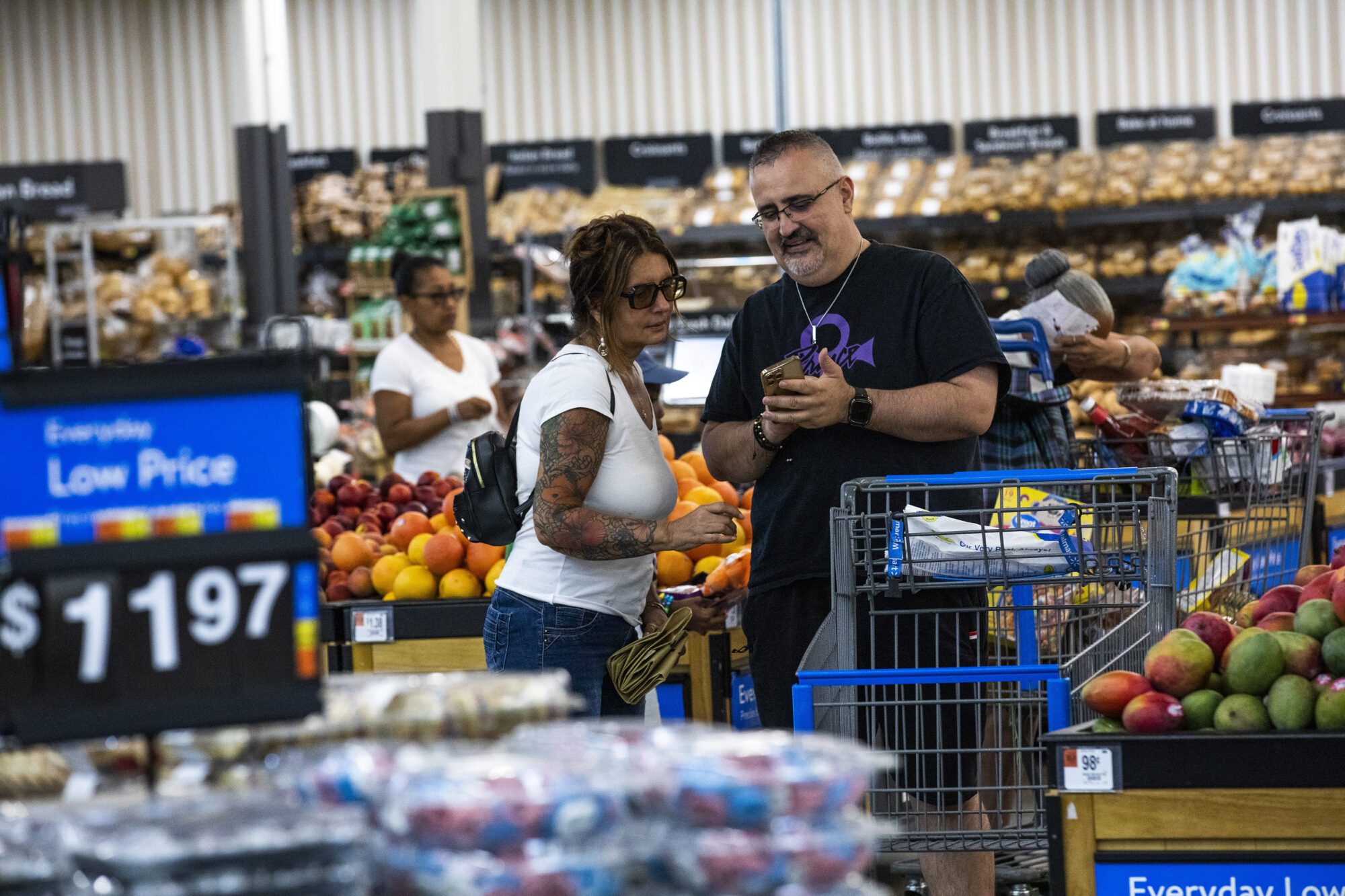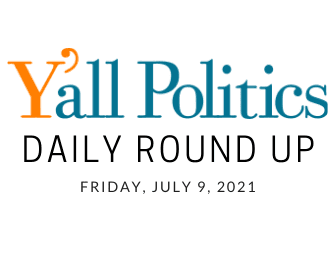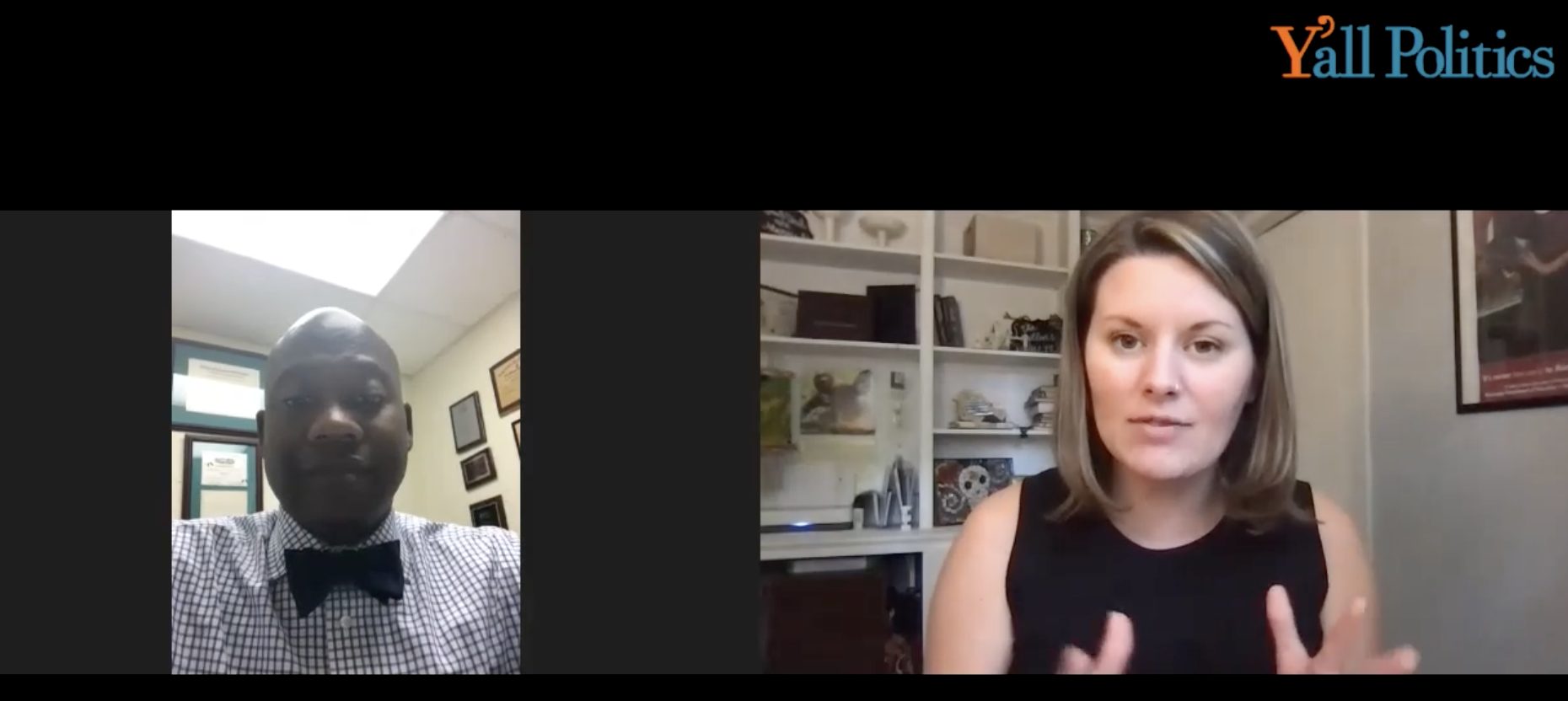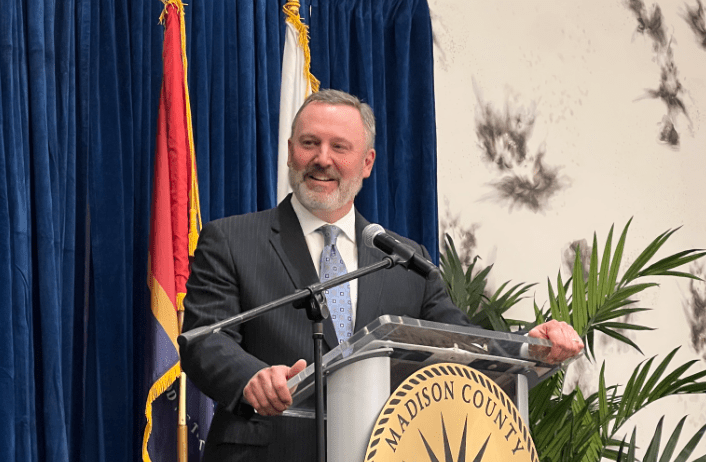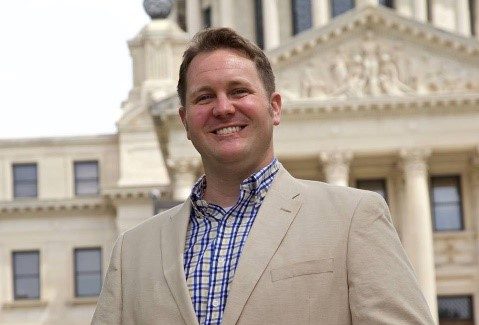
Submitted by Dr. Nathan Shrader
Caution, care, and deliberation needed in debate to restore initiative process.
As a political scientist and a student of elections and history it is an understatement to say that I am a proponent of constitutional, representative government. The notion that free people participate in free elections to choose those who will represent them and thus make laws on their behalf is not a radical one, but is instead championed in the American republic. The sanctity of this system has only been enhanced as barriers to participation have thankfully been broken down for women, minorities, and those under 21 years of age with more work left to be done.
It is no secret that I have been among those who have counseled for a deliberative, careful process as Mississippi leaders and citizens alike contemplate how to move forward after the Mississippi Supreme Court’s controversial—yet legally astute—decision to sideline the state’s ballot initiative process for amending the state constitution. Although I understand the reasons why some citizens favor the ballot initiative option, it has long troubled me given that representative, indirect democracy is the cornerstone of our American constitutional system.
Although I have voted on every ballot initiative that has come down the pike since becoming a Mississippian, I have been uncomfortable doing so because the ballot initiative process itself turns the foundational concept of our representative system of governance on its head. Rather than laws being crafted by elected legislators carrying out the constitutional duties afforded them by the voters while theoretically representing their interests, the ballot initiative process makes the public responsible for policy outcomes.
Such a system means it is considerably more difficult for elected officials to be held accountable for the policy or political direction taken on such measures. In short, how can voters appropriately hold elected lawmakers responsible for outcomes—good or bad—when these officials were not the “deciders” of the policy? It is nearly impossible in a representative system of governance for the public to then hold themselves accountable for their decisions as they can with elected legislators who appear on the ballot to defend their records.
Despite my personal and professional view that Mississippi ought to move forward without a ballot initiative process, I am a realist who understands that the initiative system will likely return in some form. There is one crucial problem in the old initiative law that I hope the Mississippi Legislature will rectify should the ballot initiative return. The prior initiative process that was shelved earlier this year oddly allowed for a massive amount of overvoting, meaning that more votes were legally being cast for or against an initiative’s policy options than the number of voters who actually approved of moving forward with amending the constitution to begin with.
Two recent examples from high-profile ballot initiatives help to underscore the nature of the problem. First, in November 2015 Mississippi voters rejected the Initiative 42 public school funding measure. Nearly 356,000 Mississippians voted against amending the constitution for this purpose while about 333,000 voted in favor.
Despite just about 333,000 votes in favor of the initiative, a combined 548,439 voters chose either Initiative 42 or its legislative alternative, Initiative 42A in the second part of the process where they are offered policy choices. Thus, about 218,400 overvotes were cast, meaning that citizens who voted against the initiative then turned around and voted in favor of one of the policy options to place in the Mississippi Constitution. This seems to be immensely unfair and absurd. If a person votes against amending the constitution, why would they then be legally permitted to say how to do it when their choice has already been made?
The situation repeated itself in the November 2020 Initiative 65 election to legalize medical marijuana in the state. Over 816,000 Mississippians voted in favor of moving forward with such an initiative while about 375,000 voted against it. However, over 1,040,000 votes were cast for the policy options, either 65 or the legislative alternative, 65A.
Once again, nearly 225,000 overvotes were cast in this election. A quarter of a million votes were cast for 65 or 65A by those who voted against moving forward with amending the state constitution at all. As someone who has studied, participated in, managed, and run campaigns and elections for decades, allowing those voters who opposed amending the constitution to then choose how to amend the constitution in the same action makes no sense whatsoever from a democratic perspective.
Not only were Mississippi voters charged with doing the job of the legislative branch by making public policy, but the process that was nixed by the Supreme Court in May legally permitted rampant overvoting, enabling voters who opposed amending the constitution on policy grounds to then choose among the actual policy options! Just in these two elections of 2015 and 2020 there were about 218,400 and 225,000 overvotes, respectively, none of which should have been cast after these voters rejected the initial question about amending the constitution.
Although I would prefer for Mississippi to return to allowing the legislative branch to solely create public policy without the impingement of the ballot initiative, I am aware it is likely such a process will again find its way into Mississippi law. If we are going to restore a version of the ballot initiative, it is imperative that we enhance the legitimacy and integrity of the process by making it impossible to cast “overvotes” in ballot initiative elections by programming voting machines and ballot scanners from permitting the practice.
The urge to move quickly to repair and restore the initiative must not run roughshod over the need to proceed with caution, care, and deliberation to make sure we get it right this time.
###
Submitted by Dr. Nathan R. Shrader. He is the Chair of the Department of Government and Politics and Director of American Studies at Millsaps College. He can be reached at shradnr@millsaps.edu.
